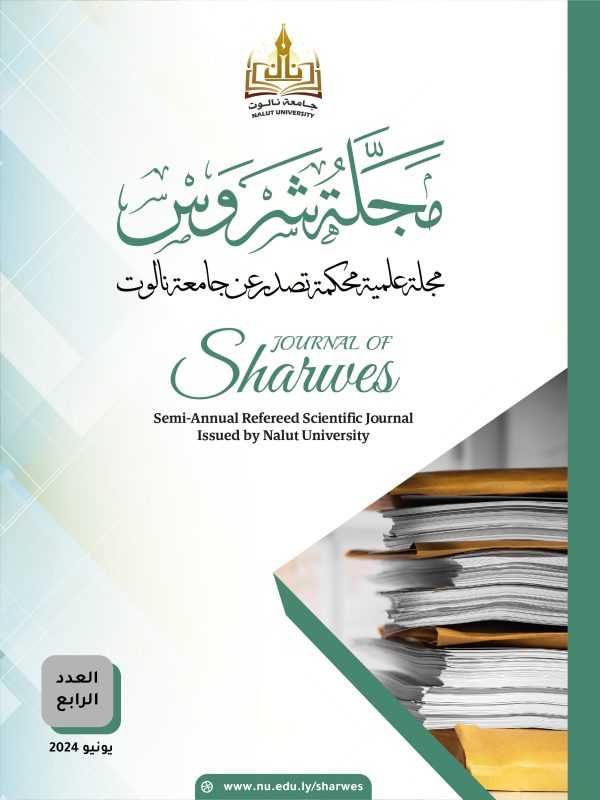The Importance of Teaching Children's Short-Stories to Undergraduate Students of English literature Section in the Department of English Language at the Faculty of Arts – University of Tripoli (A case study from 2017 to 2019)
DOI:
https://doi.org/10.26629/p3850q20الكلمات المفتاحية:
Children’s Stories, Narrative Approach, fiction, animation, Motivation, critical thinking, language four skills improvement, Attitude, teaching techniques, cultural, curriculum.الملخص
To investigate several benefits might morally educate and teach the undergraduates of English Literature in a very enjoyable way during studying Children's Short Stories, this study was conducted in Short Story Classes in the fourth semester of the English Literature Section from 2017 to 2019, Where Children Stories have been inserted for the first time to the curriculum to expose students to Children's Literature and to examine its benefits and advantages. Hence Short Story instructors attended to create a fascinating, captivating, and engaging as well instructional and educative syllabus which was designed carefully to motivate students to copy and elicit favorable guided behaviors. Also, to make students self-motivating while enjoying working on identifying and analyzing some moral themes in such type of Literature in general and fiction in particular. In addition to increasing their language proficiency, confidence, and lexical capacity.
In this research, we study how university instructors of Short Story Classes can better serve more appropriate aims of moral education by using Children’s Stories with some useful techniques. The main findings of this are as follows: first, guided moral education is regarded to be one of the objectives of the Short Story Class. Second, the instructors play many roles in teaching and analyzing the stories through facilitating and capturing messages of the stories, exploring their content, personalizing them, and measuring the outcome of moralities and values within.
Finally, this research may improve that integrating Children's Literature into the curricula and add a new dimension to the teaching process of English Literature in the undergraduate stage if the language used meets the level and interest of the students. Since students will be engaged to improve effectively language skills, furthermore, can learn literary, cultural, and higher-order thinking benefits through studying different types of children’s Stories whether they were written or spoken, or filmed








